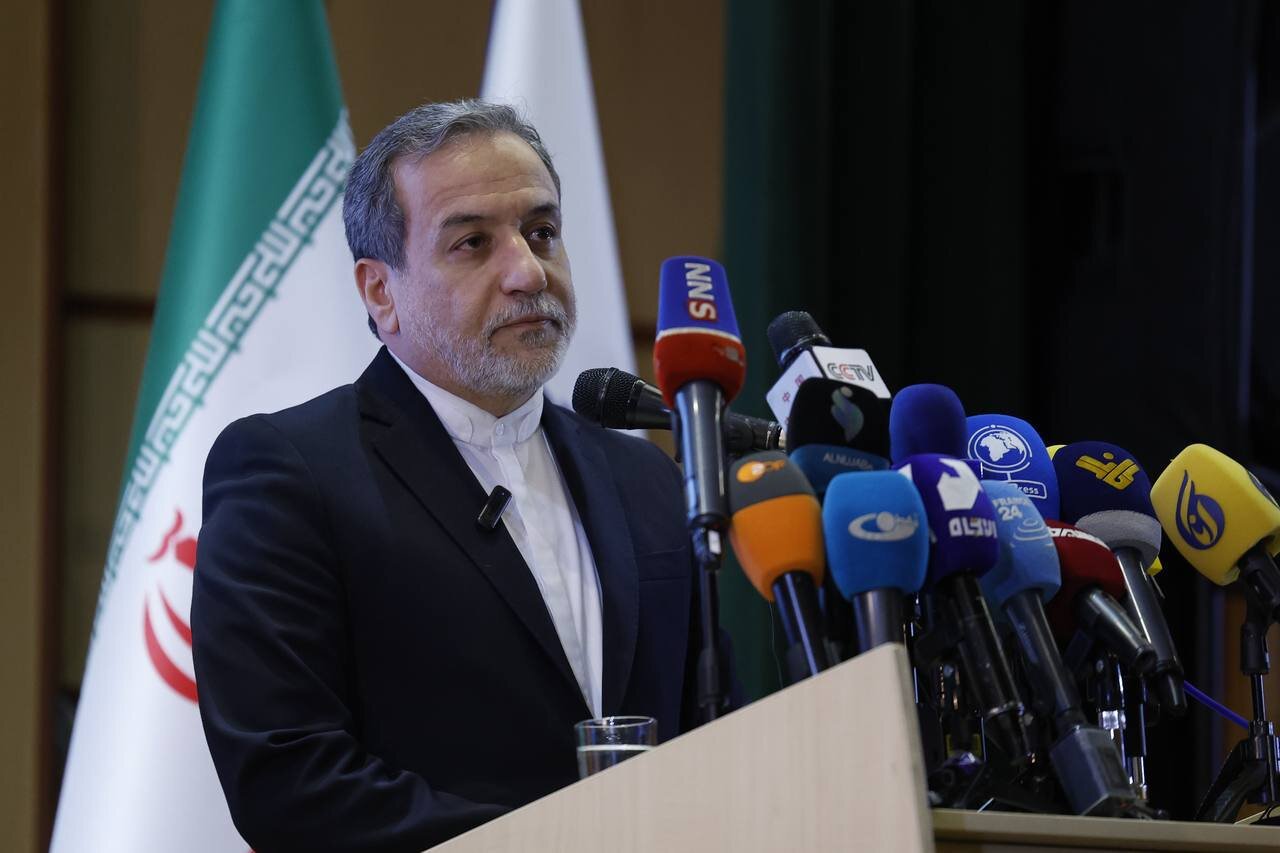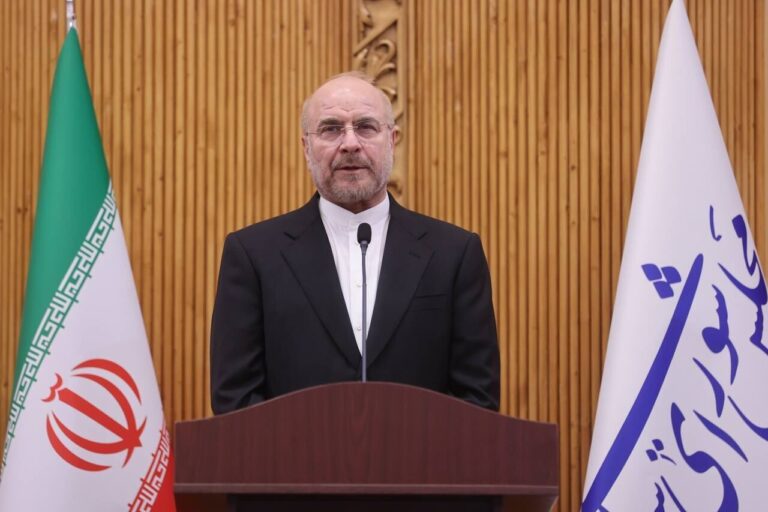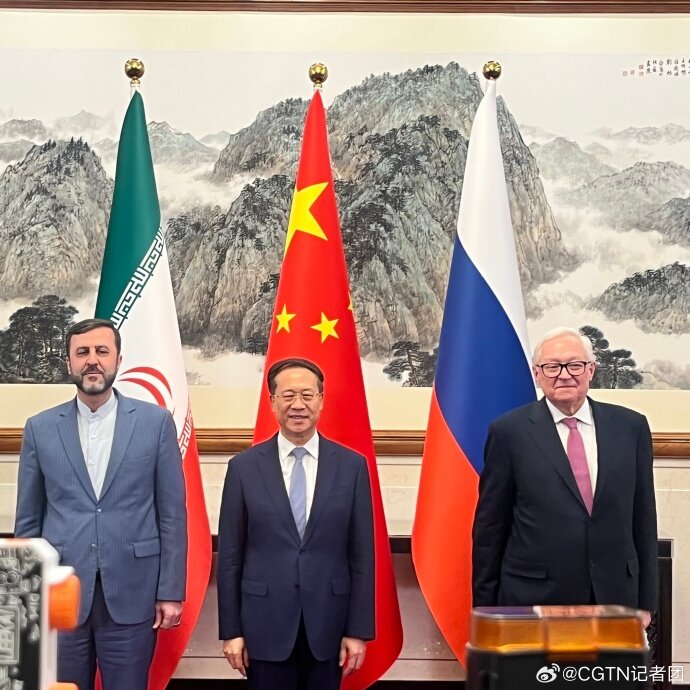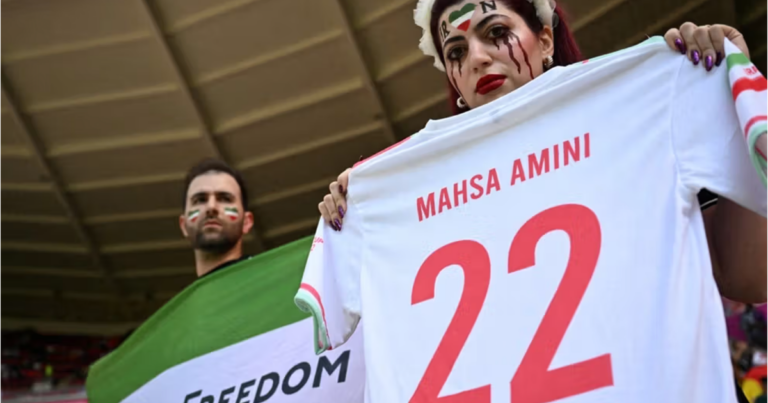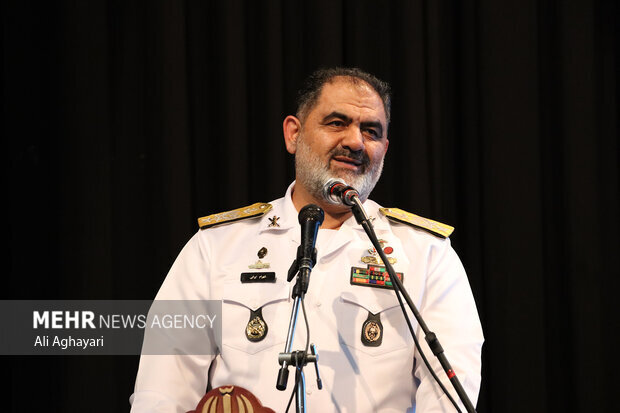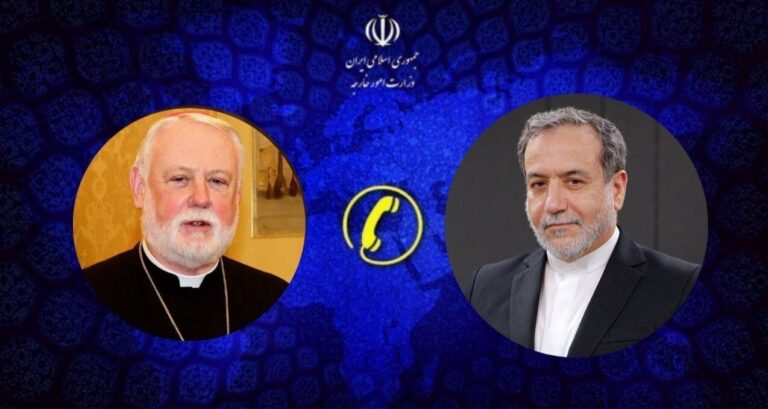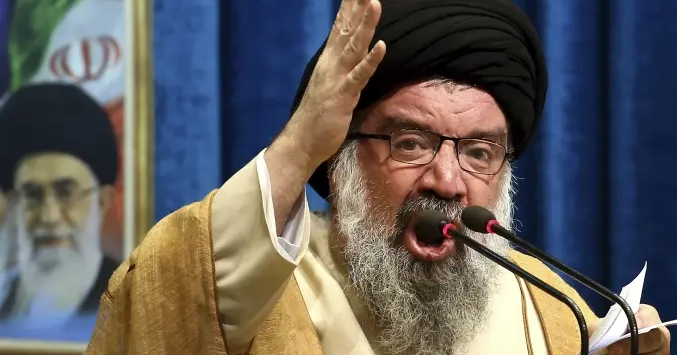Iran’s Foreign Minister Praises Leader’s Strategic Approach to Negotiations
In a significant address delivered during a rally commemorating the 46th anniversary of Iran’s Islamic Revolution in Hamadan, Deputy Foreign Minister Abbas Araghchi firmly rejected the idea of negotiating with the United States, particularly under the previous administration of Donald Trump. This statement underscores Iran’s ongoing commitment to its principles of independence and sovereignty.
Araghchi emphasized that “the Islamic Revolution was founded to ensure that no foreign power could dictate terms to the Iranian people and their leaders.” He articulated a core tenet of Iran’s foreign policy: “Neither East, nor West,” which signifies a commitment to independence from all global powers rather than a disengagement from international relations.
Highlighting Iran’s lack of trust in negotiations with the US, Araghchi pointed to Washington’s history of failing to honor agreements. He stated, “Iran negotiated in good faith and reached an agreement, but the outcome was nothing but non-compliance and withdrawal by the other party,” referencing the US’s unilateral exit from the 2015 nuclear agreement with Tehran and other world powers.
The Deputy Foreign Minister made it clear that the decision to refrain from negotiating with the United States is a calculated choice grounded in expertise, not merely an emotional reaction. He stated, “Trusting the US again is not a rational choice.” This sentiment echoes the historical context of Iran’s past dependency on the West, particularly during the US-backed Pahlavi regime.
Reflecting on this history, Araghchi recounted a significant moment: “In an interview, when Shah (the former monarch) was asked why he was leaving Iran [amid the imminent prospect of the Revolution’s victory], he responded that ‘they ordered me to go,’ referring to the Americans.” This anecdote illustrates the substantial influence foreign powers had over Iran prior to the Revolution.
Araghchi further argued against negotiating under pressure, stating, “No nation negotiates under duress unless it intends to surrender. Why should we negotiate while facing threats and sanctions?” He referred to Washington’s policy of “maximum pressure” against Tehran, which he characterized as inconsistent with genuine dialogue.
When discussing the rationale behind Iran’s refusal to engage in talks, Araghchi posed a rhetorical question: “When they do nothing but impose sanctions and issue threats, what reason do we have to trust them?” He stressed that Iran’s leadership, backed by the will of its people, would not allow external forces to dictate its policies.
- Araghchi praised the Leader’s recent comments on negotiations, labeling them as “entirely intelligent and rooted in logic.”
- He reaffirmed Iran’s commitment to resisting coercion and standing firm against hegemonic pressures.
In a broader context, Araghchi noted that the anniversary of Iran’s Islamic Revolution also coincides with a victory for the Gaza Strip. He stated, “The Palestinian people endured 16 months of relentless Zionist pressure. Their resistance forced the illegitimate Israeli regime to concede and agree to prisoner exchanges.” This reflects the resilience of the Palestinian people amid ongoing conflicts in the region.
Araghchi’s remarks also included a condemnation of Trump’s recent plan regarding Gaza, which he described as a blatant violation of international law. He shared insights from a recent meeting in Tehran with a delegation of Hamas leaders, who reaffirmed their dedication to their homeland. He quoted them, saying, “The people of Gaza are like olive trees, deeply rooted in their land. They will never abandon their homeland.”
In conclusion, Araghchi’s speech highlighted Iran’s steadfast position against foreign intervention and its commitment to national sovereignty. As the nation commemorates the anniversary of its Islamic Revolution, it remains resolute in its pursuit of independence and resilience in the face of external pressures.
Overall, Araghchi’s statements serve as a reminder of the intricate dynamics between Iran and the US, as well as the broader geopolitical context affecting the Middle East. The ongoing struggle for sovereignty and self-determination continues to shape the region’s political landscape.
